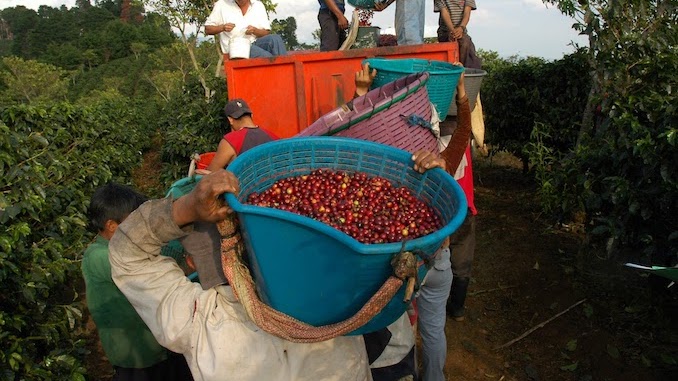
We chat with the author of Coffee for Dummies about the potentially promising outlook for the coffee industry.
BY YKER VALERIO
SPECIAL TO BARISTA MAGAZINE ONLINE
Photos by Major Cohen
After a very successful career, coffee professional Major Cohen (he/him) retired from Starbucks as a senior project manager, having worked for more than 25 years as a coffee educator. I first learned about Major when I was researching food and coffee pairings; he participated in a short video with the Culinary Institute a decade ago, talking about this topic while still working for Starbucks.
For those of you who know the Wiley brand series For Dummies, the learning anthologies were a popular resource for understanding the basics of a multitude of subjects, from home improvement to languages. Today, the brand still publishes books, but also has a strong online learning element to complement it.
Major published Coffee for Dummies earlier this year. It is an exciting milestone for coffee, as specialty coffee in particular is growing in popular culture. In this discussion, we get to know Major’s motivations behind writing Coffee for Dummies, and gain more insight about the process of writing it and what is in the book exactly.
Note: This interview has been condensed for brevity and clarity.
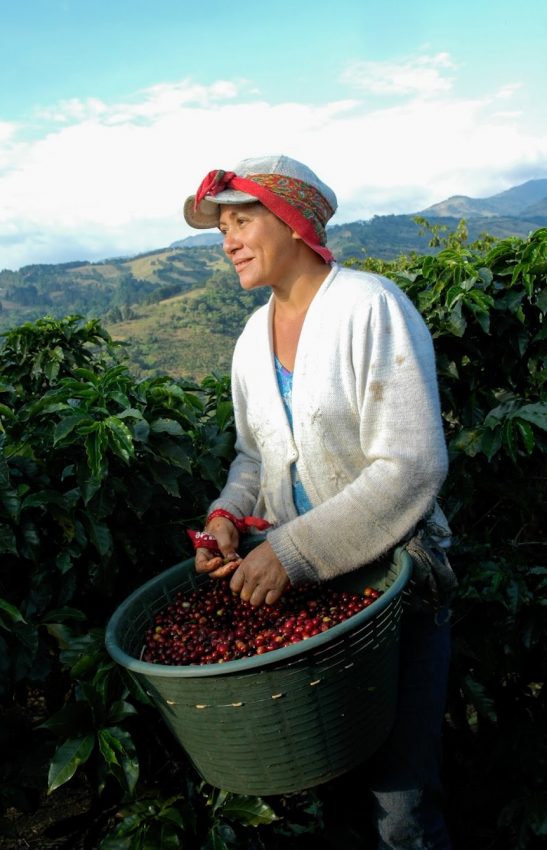
Yker Valerio: Why did you write the Coffee for Dummies book?
Major Cohen: I wrote this book because Wiley gives me an international platform to speak about the things I think are important for consumers. This book is an opportunity to talk about the people in coffee. I believe people are what is important for our business today—the people who work from end-to-end to get coffee to us.
And, if I think about a reason to write this book, it is the potential. I have had many years in coffee. And it began when I was a school teacher. Back then, I understood that the gift we have as humans is to help other humans. And I know it sounds a little corny, but I didn’t lose it.
So, what drove me was the idea that I would have the opportunity to present the people who work for coffee to a huge audience.
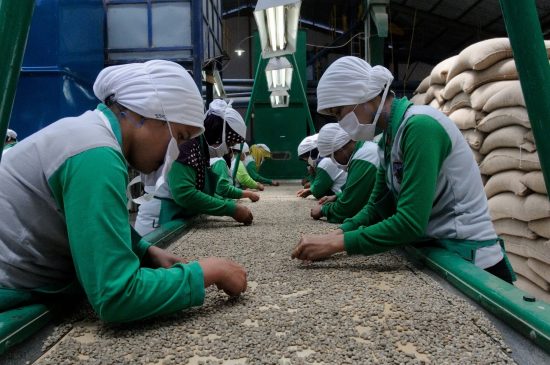
What makes Coffee for Dummies different from other books about coffee?
Well, I have all the books about coffee, and they’re very sophisticated. And maybe not as user-friendly for the average coffee drinker, or even someone curious about coffee. Wiley has a very successful formula to create extremely user-friendly content for the Dummies books. And it was exciting to learn the way they structure books and their format.
So, although I have been an AST and have trained baristas to make espresso and brewing methods, this book needed something entirely different. I had a more technical book in mind than Dummies wanted me to write. But, my team was constantly challenging me to be less technical. And at the same time, to build credibility, you can’t stop at the most basic things.
That’s why I added some pieces of content beyond the basics, like coffee roasting. No one is going to become a roaster from reading Coffee for Dummies. But, in this book, I wanted to open the door to many parts of coffee as a whole: the brewing part, the espresso part, the roasting part, the producing part.
I open the door so that the reader feels intrigued. The reader then sees the path I provided—not the information, but the course of digging in deeper and learning.
I feel that the best teachers you and I ever had never gave up everything to know about something. They gave us enough to do a little damage, if you will, to begin our learning so that we could dig deeper and learn even more than they would be able to share.
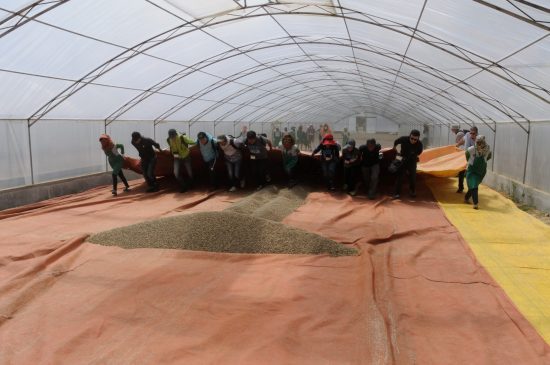
How do you feel that coffee is changing in comparison to your early years? And what’s your take on the future of coffee?
There’s an unbelievable improvement in what we can do. We’re in one of the most wonderful moments in coffee that has ever existed …
We’re drinking coffees today that we couldn’t have brewed in the early days. They’re just better. And I hope that it’s not the pinnacle, but that will be better and better. Coffee is more sophisticated now than before. As a whole, it’s fantastic, from the beans to the equipment to the people. And the world is just about ready for all of us to start getting back together again.
I was up at weird hours here in Seattle as much as I could to watch the World Barista Championship (in October). I reflected on what I heard from the competitors, and I think of them as the elite, but they speak a message that it’s for everybody.
There’s a sense of human connection, which will come back into coffee in the interaction that we all have and that we have with customers. And I think of it as hospitality. Andrea (Allen) talks about engaging with her people and her people engaging with the customer. We’re going to see a lot of this beautiful work that has resulted in incredible coffee and incredible places.
And the most successful bringing all those things together will be the companies of the future in coffee. It’s interesting because I’m going to be 71 years old. And I realize that I’m not the future of coffee. Still, I’m excited about the future because baristas are getting more things they can use. They’re getting a good education, and they represent the future.
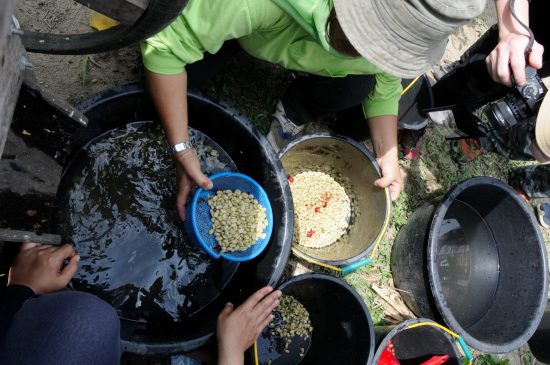
My last question is, how did your corporate experience in project management and innovation help you to write this book?
I have the life experience of working on some exciting projects in the corporate world, which infused me to understand the importance of limiting complexity for its own sake. So we talked about the complexity of the book. I know that the most successful project managers can see all the complexity and order it in a manageable way.
With the book, I began by writing the table of contents, which, if you think about it, that’s your project plan. I then began to fill in all the pieces in my table of contents, recognizing that I would probably have more than I could use. And then, it becomes a matter of really careful prioritization, which is inherent in any good project.
I knew that I wasn’t writing the next great book about coffee. Still, I wanted to make a credible book and give people the path I spoke about before. And then I had a team. And in my team, I had a managing editor helping me with the timeline and a writing editor who was more familiar with the Wiley project goal. That’s having a great team on your project, and that’s super important.
ABOUT THE AUTHOR
Yker Valerio (he/him) is a freelance content creator. After more than 10 years of working as a management consultant, he started his blog Bon Vivant Caffè to share his passion for specialty coffee.

